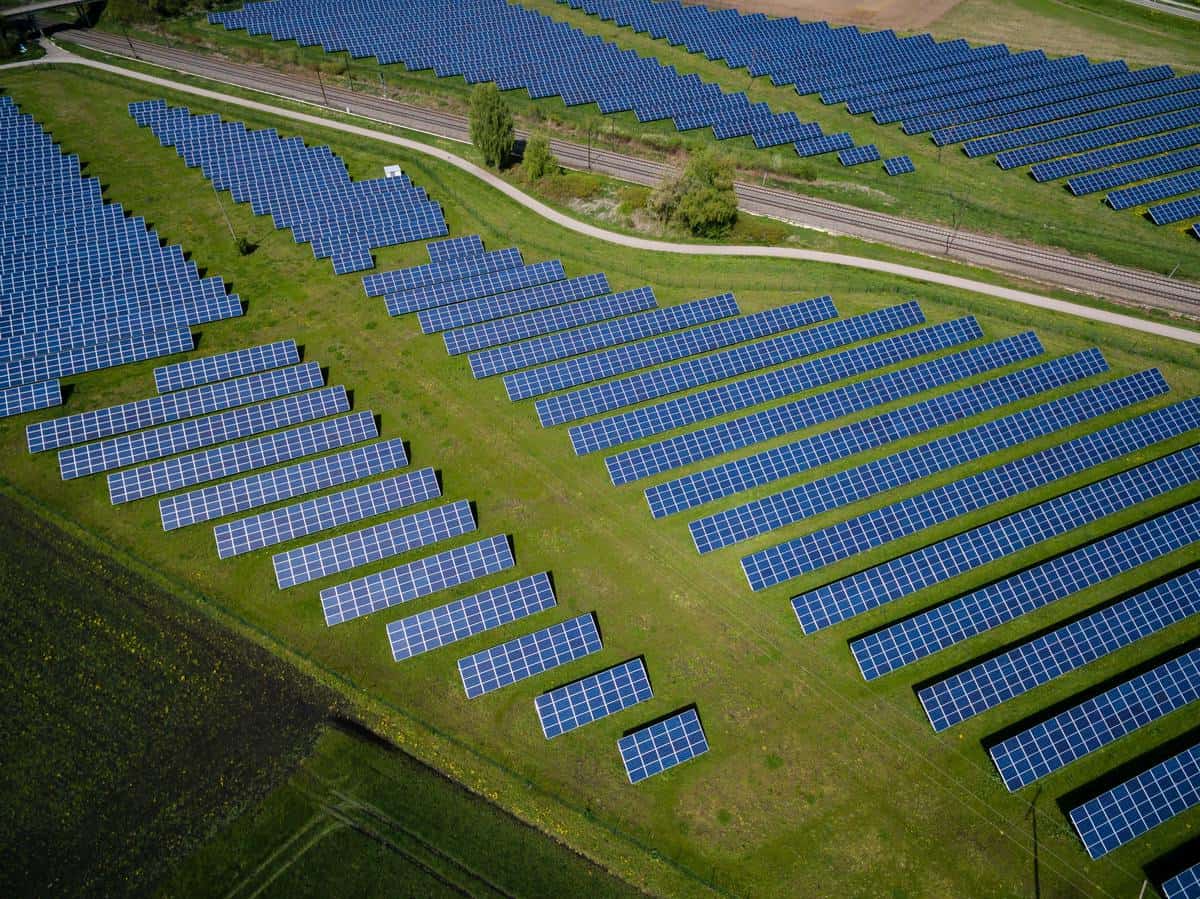The Federal Government has committed to a zero-carbon Australia by 2050, ahead of the United Nations 26th Conference of the Parties (COP26) held in Glasgow. Prime minister Scott Morrison has said that emissions reduction will be driven “through technology, not taxes.”
Technology such as Australian/ US agritech startup, Bio Loam. Bio Loam today received $40 million in funding for its innovative technology that addresses the climate crisis head-on.
The Plan
Australia’s Long Term Emissions Reduction Plan (the Plan) was announced on 26 October. While the Plan has been celebrated as a move in the right direction, many say it falls short of real climate action.
Australia has long lagged behind comparable nations in taking meaningful action on climate change. Mr Morrison is expected to explain how Australia will step up over the next decade this weekend.
The Australian Government has answered the call for climate action with what it is calling “the Plan”. Mr Morrison said, “The Plan outlines responsible, practical action to achieve net-zero that is in our national interest.”
“Australia now has a target to achieve net-zero emissions by 2050, and we have a clear plan for achieving it,” Mr Morrison said.
Climate Council CEO Amanda McKenzie said, “The Federal government has now cemented the commitments from all state governments, putting Australia on a path to phase out coal, oil and gas pollution.”
Ms McKenzie continued: “Net zero by 2050 is a joke without strong emissions cuts this decade. Australia desperately needs to dramatically scale up renewable energy, phase out coal and gas and electrify our transport systems.
“Otherwise, we miss out on the economic opportunities of the global transition and expose ourselves to the fire, flood and heat risks of climate change.”
Technology-driven approach
A crucial part of the Morrison Government plan is a technology-based approach to climate change mitigation. This approach to emissions reduction is good news for Australian startups working at the forefront of environmental and climate-focused tech.
Contained within the Plan is an emphasis on the Technology Investment Roadmap, released in 2020. The roadmap sets out plans to accelerate the development and commercialisation of low emissions technologies.
Minister for Industry, Energy and Emissions Reduction Angus Taylor said, “Under our Plan, the Technology Investment Roadmap and global trends will see Australia reduce its emissions by 85 per cent by 2050.”
This will mean startups that are tackling climate change may receive increased support and funding.
Mr Morrison concluded his statements by stating, “Australia will continue to build on our record of reducing emissions and achieve our targets in the Australian way.”
Startup takes matters into their own hands
In the past years of climate inaction, businesses and startups have taken matters into their own hands, finding innovative ways to combat climate change.
One such startup is Agritech company, Loam Bio. Loam, which has rebranded from the Soil Carbon Co., has today raised $40 million in a Series A funding from TIME Ventures, Main Sequence Ventures, Horizons Ventures, the Clean Energy Finance Corporation, Acre Venture Partners, Mike Cannon-Brookes’ Grok Ventures, Lowercarbon Capital, and Fiona McKean and Tobi Lütke’s Thistledown Capital.
Loam Bio was founded in 2019 by scientists, farmers and entrepreneurs in Australia and North America. The company developed a microbial crop seed coating that stores carbon in the soil.
The technology also boosts soil health and crop yields. Loam Bio’s technology works to simultaneously remove CO2 from the atmosphere and improve the health of agricultural soils.
Loam’s microbial crop seed coating is a rare and unique nature-based solution to one of agriculture’s most pressing challenges; how to deal with the current climate emergency. Chris Liu from Horizons Ventures said, “It has the potential to draw down carbon at gigatonne scale with the speed and urgency that is required.”
Lead investor Marc Benioff said, “While reducing emissions around the world is paramount, Loam, with its powerful vision and promising technology, has great potential to play an important part in decarbonising the planet.”
The microbial crop seed coating can significantly decarbonise the atmosphere and improve water retention in soils.
Ben Gust, executive director of the CEFC’s Clean Energy Innovation Fund, said, “This could revolutionise farming methods by improving soil health, building stronger resistance to drought in a changing climate, and playing an important part in accelerating the transition towards net-zero emissions.”
Read more:Hope for 2021 harvest: Federal Government Ag visas
Read more:How carbon tariffs will affect Australian businesses: Ai Group report
Keep up to date with our stories on LinkedIn, Twitter, Facebook and Instagram.

